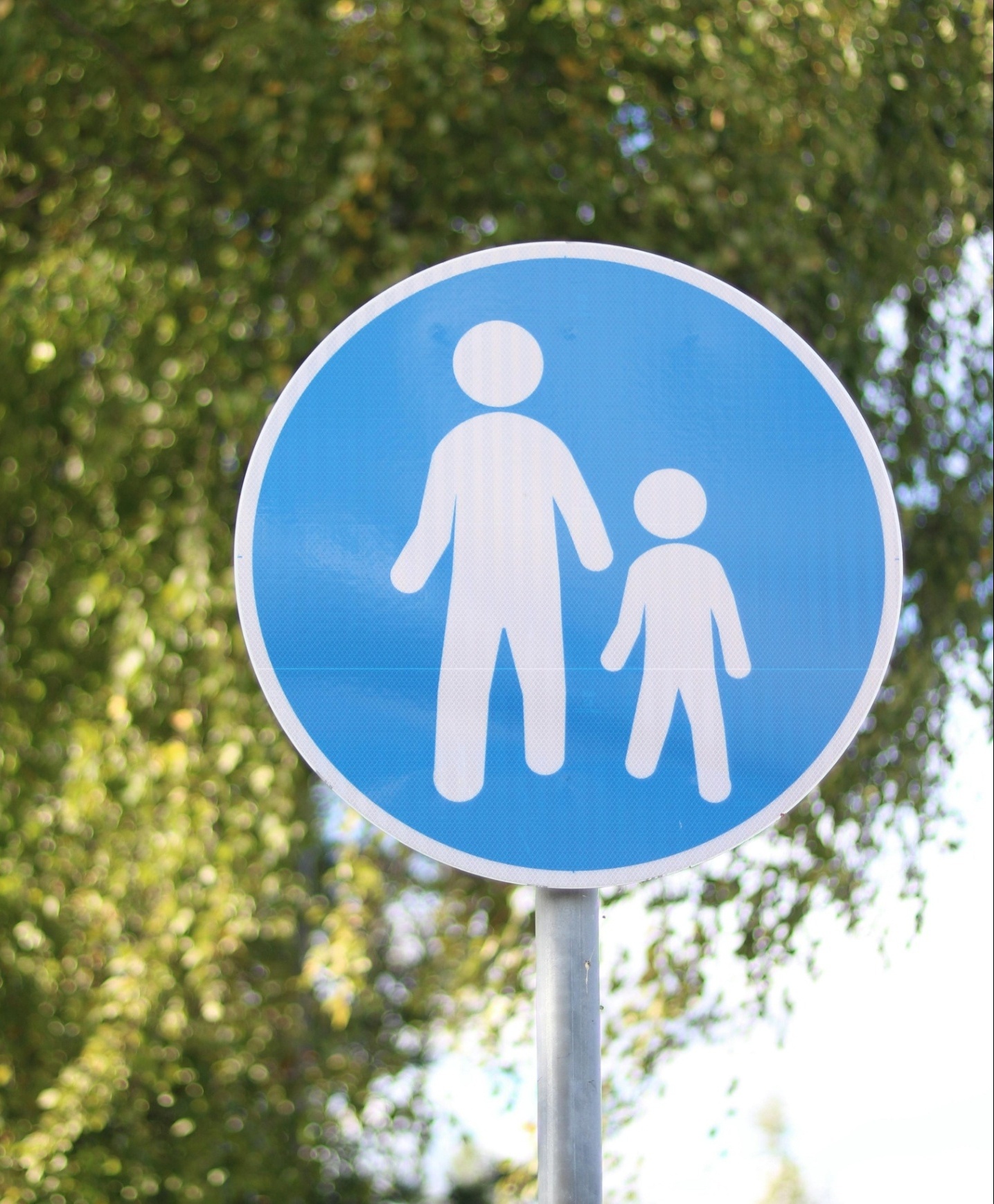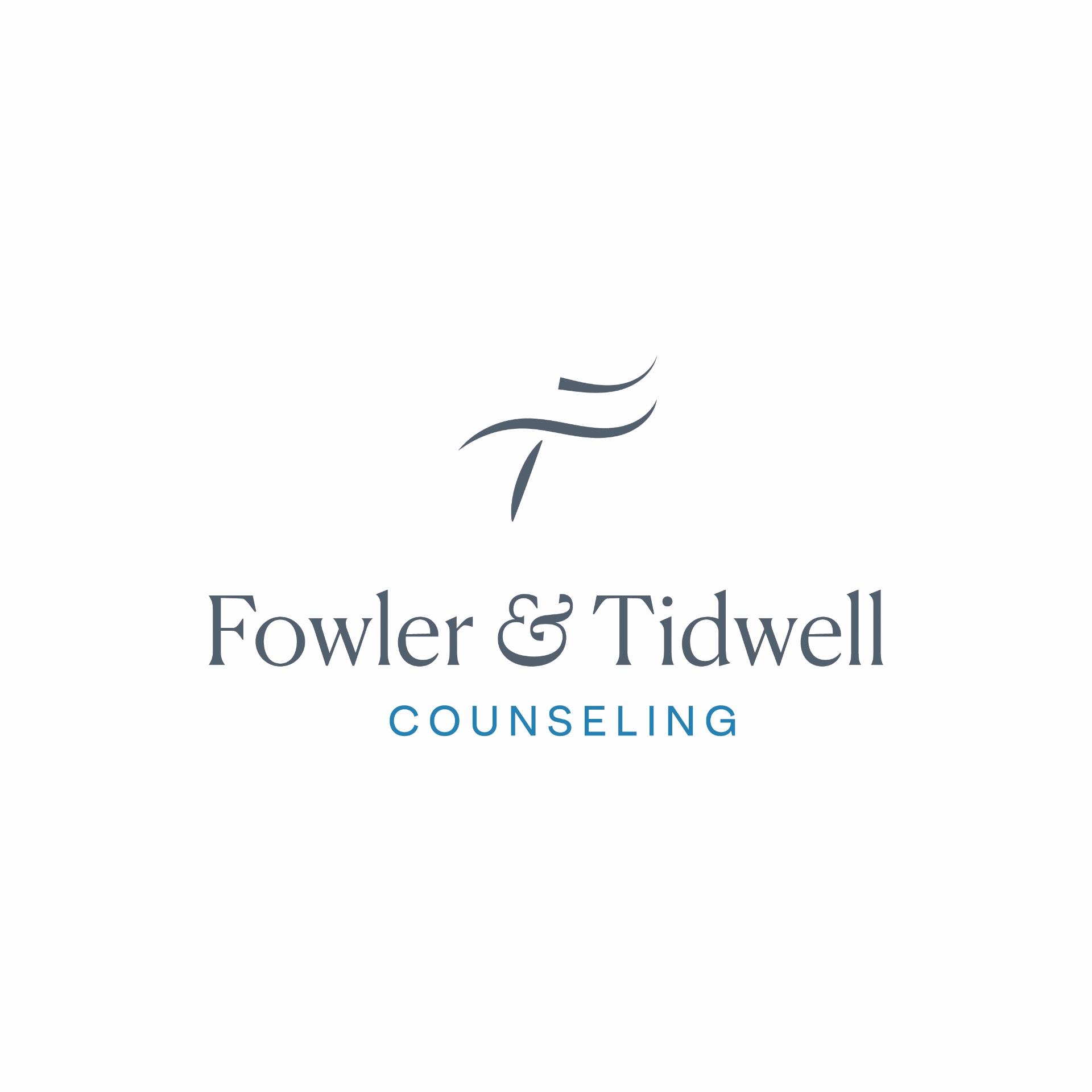Recovery for Adult Children of Alcoholics: Breaking the Cycle of Trauma

Among the Al-Anon literature, there is a book titled Hope for Today, which is a collection of reflections written by adult children of alcoholics who are on their own path to recovery from the trauma and experiences of their childhood. The writers reexamine and reconsider their relationships with their parents through the lens of maturity and awareness, often arriving at a far more balanced and nuanced perspective of those relationships than they had as children. Ther are commonalities in many of these reflections, themes and ideas that weave through their shared reality and the growth that they have achieved as grown ups. In the month of September, there is an essay about the uniqueness of the parent-child relationship, characterizing it as involuntary, dependent, and unequal, while also being resilient, adaptive, and, potentially, instructive.
We do not get to choose our parents. Some see this as one of life’s initial injustices, while others just regard it as neutral fact. When writing from the perspective of an adult child, the involuntary nature of having parents with addiction issues is something the author just owns and accepts. As a minor with few legal rights and no means of support, being at the whim of two individuals who valued their addictions over their role as caregivers left the writer confused, hurt, and sad. As an adult with resources and independence, he recognizes the hope and the love among the chaos of his childhood.
Accepting that addiction shaped him was a process, an ongoing exploration of what he already knows about the people who raised him and incorporation of what he has come to understand about them as he matured and did his own work to process his family’s experiences. At some point, the relationship with his parents became voluntary, and when that realization set it, his sense of empowerment emerged. Having the choice to accept and love his parents from a distance or to embrace them up close was his turning point. Once he had options, the hopelessness that defined his relationship with his parents evolved to something like optimism without expectation, which is his version of “hope”.
Holding a space for recovery, growth, and healing without demanding that these things be mandatory is a balancing act. Recovery from addiction can be unpredictable and stressful, and to accept the process without expectation of success or the requirement of perfection can be the path towards acceptance for adult children. There is hope in realizing that you are a grown up with choices, not a child who is dependent. For the author, that sense of empowerment was the launching point of his own recovery from his trauma, regardless of his parents’ path in their own recovery from their abuse of alcohol. Framing the relationship as optional diminished the power of his trauma, while allowing him space to accept his parents as they are, not for who he would ideally have liked them to be.
Written by Deanna Diamond, LPC. Book an appointment here.

